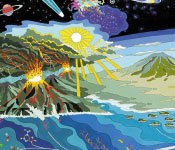
The entire collection of genes and proteins in all the living systems on earth comprises a minuscule fraction of sequence space. From the enormous diversity of possible gene and protein sequences, billions of years of evolution selected only a very small collection of “molecular parts” that sustain living organisms (only ~4,000 genes in E. coli and ~20,000 in humans.) These considerations might lead to an assumption that the sequences that enable life are unusual or special. Is this true? Or can sequences designed from scratch sustain the growth of living cells?
To address these questions, we designed and constructed a collection containing millions of artificial proteins (a model 'proteome’) encoded by a library of synthetic genes (an artificial 'genome’). Structural studies show that many (perhaps most) of our novel proteins fold into stable 3-dimensional structures. Next, we used genetic selections to demonstrate that several of these novel proteins provide biochemical functions that are essential for the growth of E. coli. Thus, artificial sequences, which never before existed on earth, possess activities that sustain life.
This initial foray into artificial genomics suggests (i) the molecular toolkit for life need not be limited to genes and proteins that already exist on earth; (ii) the construction of artificial genomes composed of non-natural sequences is within reach; and (iii) it may be possible to devise synthetic organisms that are sustained by de novo designed proteins encoded by novel genomes.
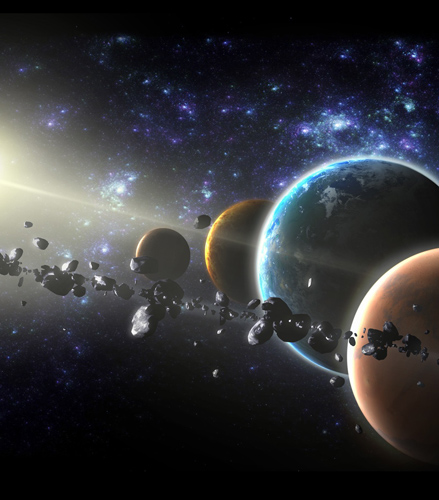 A Talk With Jim Green
A Talk With Jim Green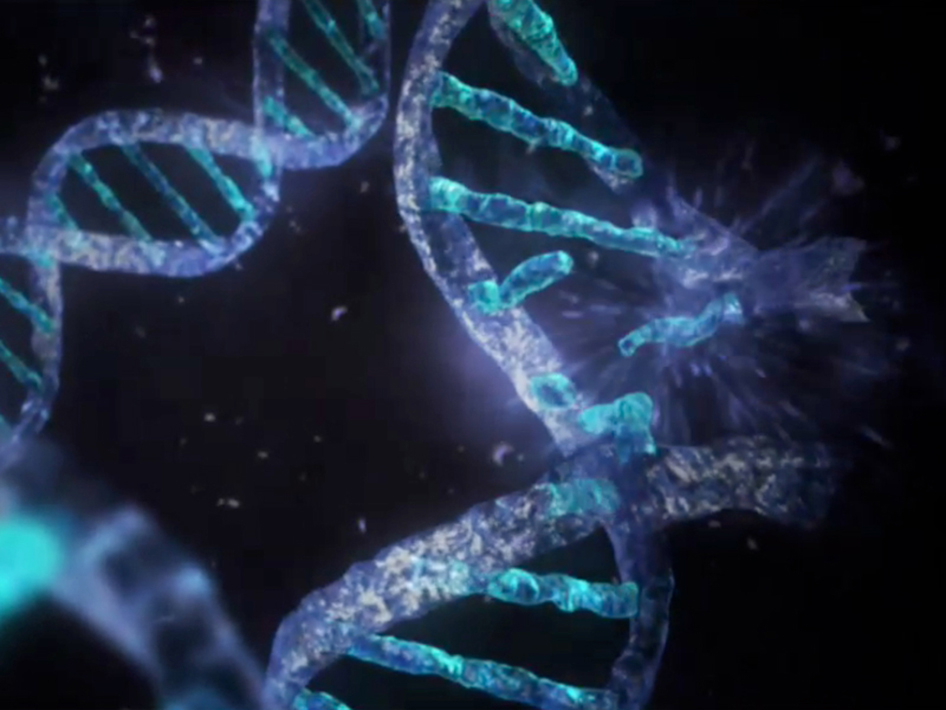 What Can Extant Genomes Reveal About Early DNA Metabolism?
What Can Extant Genomes Reveal About Early DNA Metabolism?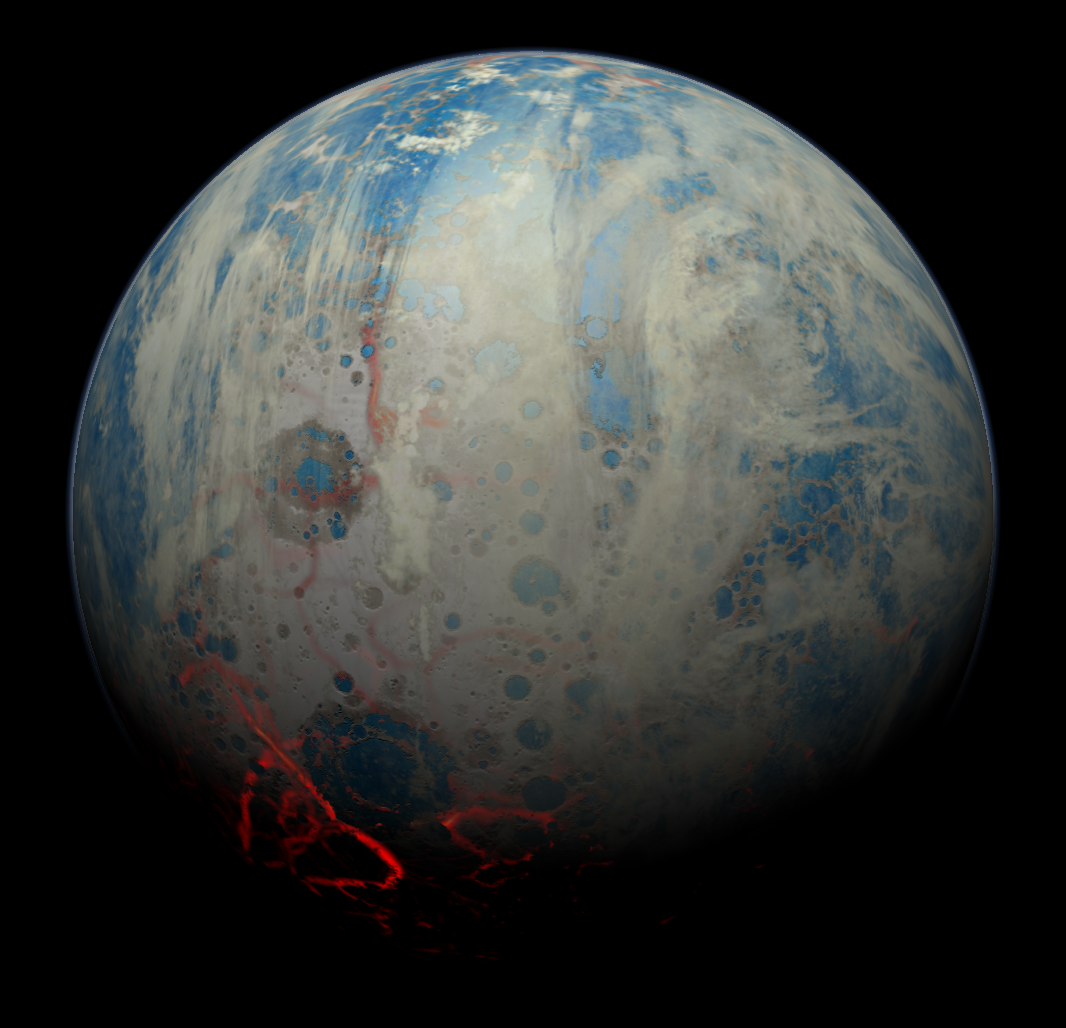 What We Talk About When We Talk About Earth's Oxygenation
What We Talk About When We Talk About Earth's Oxygenation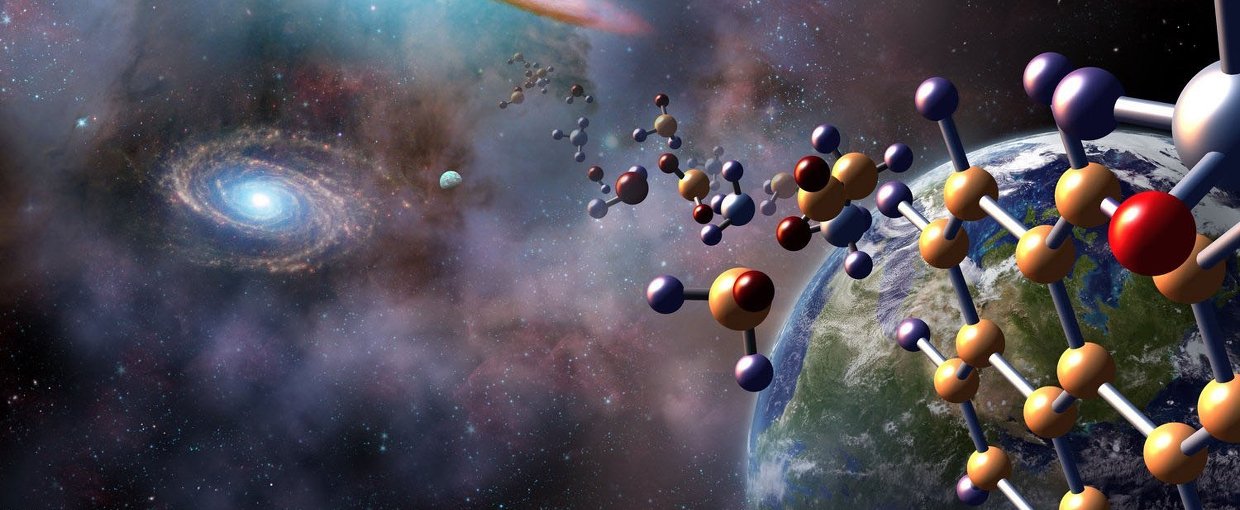 Bowling With Astrobiologists: A Twisted Path Toward the Origin of DNA
Bowling With Astrobiologists: A Twisted Path Toward the Origin of DNA